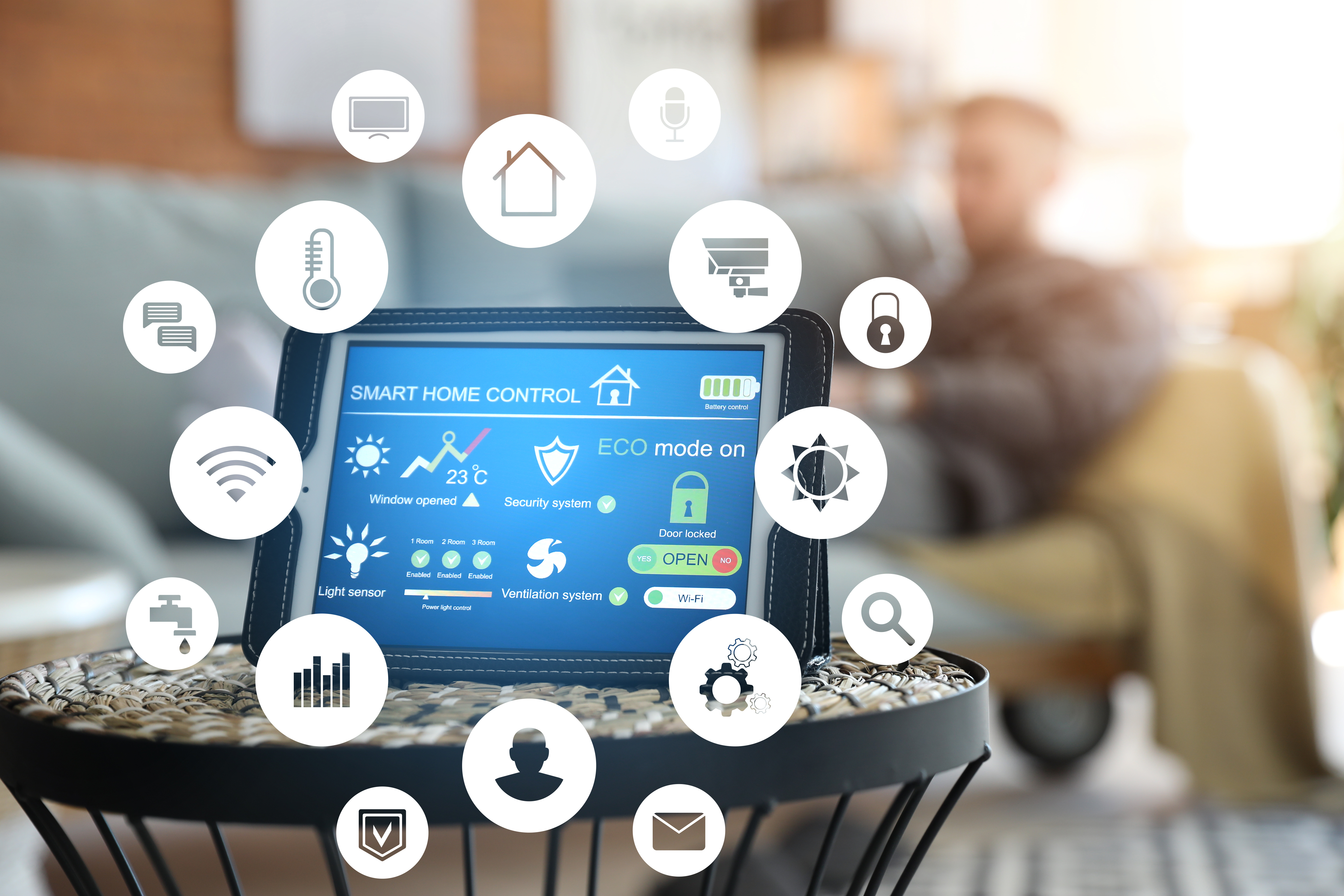Keyword Spotting in IoT
Keyword spotting technology can be used in IoT devices to enable them to interact with users through voice commands. For example, smart home devices, smart cars, and smart wearables can all benefit from this technology.
| Applicable Development Board | |
|---|---|
|
NuMaker-HMI-M467 NuMaker-IoT-M467 |
1. Keyword Detection Example: Voice Command System for Industrial Facilities Integrating a voice control interface into industrial facilities, such as control panels or operator terminals.
2. Speech Recognition Example: Smart Healthcare Devices Utilizing Cortex-M4 to process voice input in medical devices, such as a patient bed call system.
3. Real-Time Recognition Example: Smart Agriculture Monitoring System Deploying devices with microphones at agricultural monitoring sites to receive voice commands from farm managers. |
|
NuMaker-M55M1 |
1. Keyword Detection The M55M1 development board features a high-performance processor and neural network accelerator, making it suitable for implementing efficient keyword detection functionality. This functionality allows IoT devices to continuously listen for specific wake words or short phrases, such as "Hey, smart home" or "Turn on the lights." Once the system detects these predefined keywords, it activates and prepares to receive further instructions. This low-power yet effective listening approach is ideal for battery-powered IoT devices.
Speech recognition is a core feature for IoT devices, and the M55M1 development board's powerful computing capabilities make it an ideal choice for performing this task. The system can recognize and understand the user's voice commands, translating them into actionable tasks or responses. This includes simple control commands (like adjusting temperature or lighting) to more complex queries (like device status reports or calendar reminders).
In IoT applications, real-time recognition capabilities are crucial for providing fast, accurate responses. The M55M1 development board can process data from voice input in real time, enabling immediate reactions. This real-time processing enhances the responsiveness of IoT devices and makes the interaction between users and devices feel more natural and fluid. |




